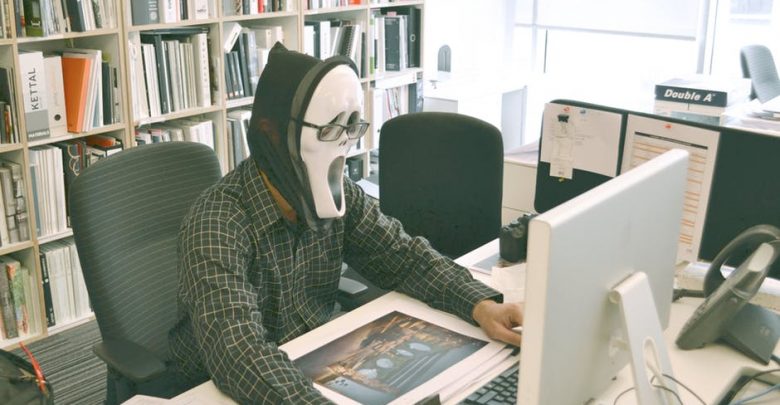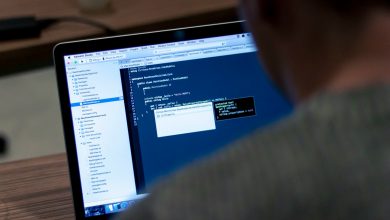
Using a computer is riskier than it looks. You need to keep it safe from all manner of threats, including hackers and viruses. Here are five ways to protect your computer from hackers and viruses.
Table of Contents
1. Keep Your Operating System Up to Date
Those notifications to install Windows updates are annoying, but these updates are all important. Not updating your operating system regularly is one of the biggest mistakes you can make when protecting your computer. They are built with internal security features to keep your computer safe. The problem is that malware is changing all the time too. People are always finding new exploits and ways to mess with an operating system. That’s why they are updated as often as they are; to cover up these holes in security. That’s why it’s so important to let Windows update itself. Well, when you get a minute. This tip also applies to software. You should keep software, in particular web browsers and other apps that connect to the internet, updated to keep them secure.
2. Install Anti-virus Software
You shouldn’t rely on your operating system to handle everything. You should also invest in a good antivirus software. These are software programs that are made specifically for fighting viruses and malware and keeping out hackers. Computer viruses have advanced in order to beat these programs, but the geniuses behind programs anti-virus programs continue to improve their software to counter emerging cyber threats. Much like any kind of software, antivirus software requires regular updates. If anything, it’s more important to keep antivirus software up to date so that you get all the latest protection against viruses and malware attacks.
3. Choose Strong Passwords
There’s more threatening your computer than just viruses. There are also hackers to contend with. These people want access to your personal and private information and the best ones are able to break advanced encryption. The good news is that not all of them are that good. The majority of hackers are able to guess obvious passwords or use programs that can do it for them. This is why you should always choose a strong password that is harder to guess and harder to crack. It’s worth having unique passwords for each website that you use. For example, your Skype password shouldn’t be the same as your Gmail password. That prevents a hacker from obtaining too much information in the event they are able to crack your password.
4. Be Careful When Shopping Online
Online shopping is as common as it is convenient, which is to say “a lot.” Billions of dollars are spent on electronic commerce each day. Not all online shops are created equal though. There is the ever-present danger of scams and threats when shopping online. Stick to recognized shopping sites like Amazon and eBay. If you’ve never heard of a website before and it’s asking for your credit card information, just close the website and don’t open it up again. Also always is issued an SSL certificate to ensure a secure connection between you and the online store.
5. Keep Regular Backups
Our last tip is to keep your data and information backed up. Keep all important information backed up, preferably online, so that your data is safe in the event of a hack or malware taking out your computer. Consider purchasing an external hard drive to do this. Cloud storage is also a safe option.
Conclusion
They say that it’s better to be safe than sorry, and that’s definitely the case in the digital age. Computers have gotten more advanced, but so too have the things that threaten them, such as viruses and hackers. Keep our advice in mind, and you shouldn’t have much of a problem keeping your computer safe.





Leave a Reply
Thank you for your response.
Please verify that you are not a robot.